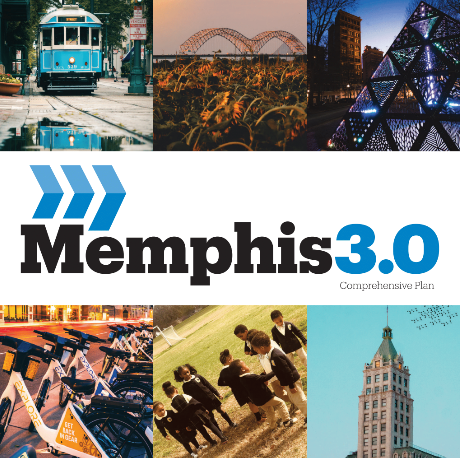
There are six public meetings coming up for residents to meet with city planners and learn about how the Comprehensive Memphis 3.0 plan will affect their neighborhood.
The times and locations for the meetings are listed below.
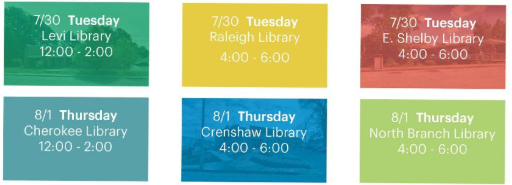
After delaying the vote on Memphis 3.0 several times since March, the Memphis City Council voted last week to hire a consultant to assess the financial impact the plan could have. The consultant has until mid-September to present their findings to the council. That’s when the council will take the second of three votes on the 3.0 ordinance.
In May, Memphis Mayor Jim Strickland signed an executive order to ensure Memphis 3.0 would guide all city decisions on the administrative side, excluding land use. The council still has to approve the plan before it can impact land use.
The 3.0 plan is meant to be a guiding document for investments and development in the city over the next 20 years. The plan identifies citywide and community “anchors,” walkable mixed-use activity hubs, as places with the greatest opportunity for growth and improvement. The plan also identifies the degree of change needed for each anchor. This means the anchor will either be nurtured, accelerated or sustained.
Acceleration anchors signify a greater degree of change is necessary for the area. These changes will rely on a mix of private and philanthropic resources, as well as some public resources, according to the document.
Here’s a quick look at what the key acceleration anchors and recommendations are for each council district in the city. To figure out which district you reside in, visit this site.
District 1
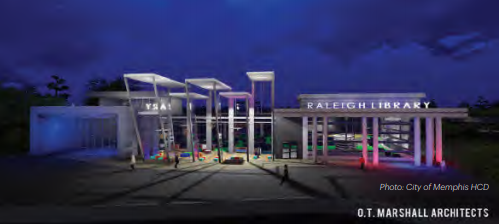 O.T. Marshall Architects
O.T. Marshall Architects
Rendering of library at new Raleigh Town Center
Raleigh makes up most of District 1. The anchor chosen for acceleration is the former Raleigh Springs Mall and surrounding neighborhood. In 2018, construction of the Raleigh Town Center at the site of the old mall began. The town center will feature a walking trail, green space, and skate park, as well as a new library and police precinct. Memphis 3.0 recommends that the 30 acres of the site not included in the project be developed in the future. The plan specifically suggests the following for the area:
• Incentivizing small and minority-owned businesses to locate to the area
• Incentivizing facade and landscaping improvements to the surrounding commercial shopping centers
• Developing mixed-use infill to make the area more dense and reduce the number of vacant properties
• Further development of the remaining 30 acres of the former Raleigh Springs Mall
• Installing traffic-calming measures along Austin Peay
• Increasing the frequency of buses along Frayser-Raleigh Road and Austin Peay to every 30 minutes
District 2
District 2 contains the eastern-most edge of the city. The key anchor there pegged for acceleration is the intersection of Ridgeway and Winchester. The priorities in this district include reducing blight through adaptive reuses of vacant properties, increasing connectivity, and improving pedestrian safety. Specific recommendations for the anchor area include:
• Incentivizing mixed-use development near the Hickory Ridge Mall that includes cultural amenities
• Conducting a Winchester Corridor Study to take advantage of the economic viability of the area
• Identifying improvements to underutilized public land
• Increasing the frequency of incoming buses on the portion of Winchester within the district to every 30 minutes
District 3
The southeast corner of Memphis makes up District 3. The anchor chosen for acceleration there is the intersection of Mendenhall and Winchester. The plan suggests supporting local business associations, art venues, and cultural organizations. Other priorities include increasing the number of high-quality housing options near anchors, safety improvements, and reducing blight. Here the plan specifically suggests the following:
• Increasing the frequency of incoming buses on the portion of Winchester within the district to every 30 minutes
• Incentivizing mixed-use development that includes cultural amenities
• Facade improvements, such as installing street furniture, trees, and public art
• Increasing density
• Conducting a Winchester Corridor Study to take advantage of the economic viability of the area
• Creating green infrastructure in underutilized parking facilities, such as planting trees and flowers
District 4
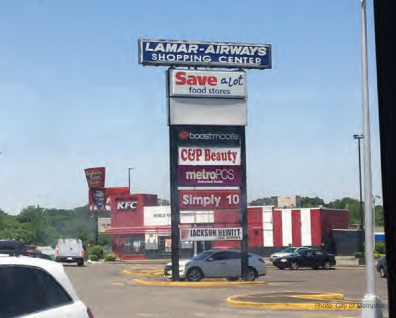 City of Memphis
City of Memphis
Current view of the intersection of Lamar and Airways, a District 4 anchor
In District 4, which sits near the middle of the city and comprises Orange Mound, Castalia Heights, and parts of Cooper-Young, the acceleration anchor is the intersection of Lamar and Airways. Some of the priorities for the district include improving pedestrian safety with traffic calming infrastructure, engaging community groups to initiate change, creating affordable commercial rent, and promoting the history of the Orange Mound neighborhood. The specific recommendations for the anchor neighborhood include:
• Encouraging mixed-use, mixed-income development at Lamar and Airways
• Implementing tools to support affordable housing
• Increasing cultural identity around the anchors with public art and programming in public spaces
• Creating attractive connections between neighborhoods
• Increasing the frequency of incoming buses to every 15 minutes along Lamar and every 30 minutes along Park and Kimball
District 5
District 5 covers much of the Poplar corridor and surrounding areas. One of the anchors chosen for acceleration here is the intersection of Poplar and Truse. The goals are to support neighborhood redevelopment and encourage private market activity, support local minority and women-owned business, and to create affordable housing options. Specially, the plan suggests the following:
• Assessing parking and potentially consolidating parking
• Increasing the cultural identity around the district’s anchors
• Installing public art and implementing public programming
• Improving the streetscape with trees, lighting, and pedestrian amenities
• Implementing a 15- or 20-minute interval bus line for Poplar
District 6
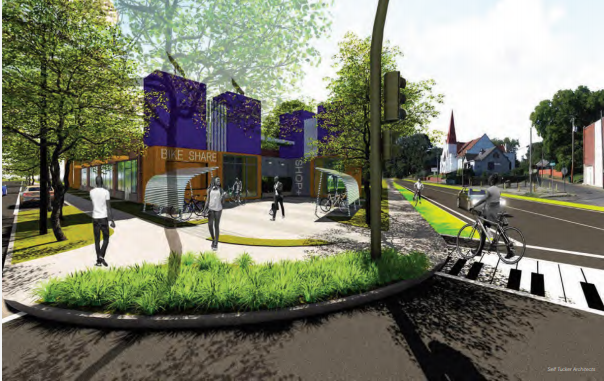 Self + Tucker Architects
Self + Tucker Architects
Rendering of traffic calming configurations, public art, and public right-of-way beautification
The southwestern corner of the city makes up District 6 and is comprised of portions of South Memphis, Westwood, and Whitehaven. One of the anchors targeted for acceleration is the intersection of Neptune and Walker. Priorities include identifying financial resources for housing and home repairs, blight removal, and increasing transportation options. The specific recommendations for the anchor area include:
• Supporting multi-modal transportation options
• Encouraging housing development for diverse income levels
• Establishing partnerships with local institutions and small developers for infill projects
• Increasing the frequency of incoming buses to every 30 minutes along Mississippi Boulevard
District 7
District 7 is made up mostly of the Frayser neighborhood in North Memphis and the northern portion of Downtown. One of the anchors set to be accelerated is the intersection of Frayser Boulevard and Overton Crossing.
Some of the priorities for this area are promoting pedestrian-oriented infill, creating mixed-use development, installing traffic-calming measures, such as bike lanes and landscaped medians, and addressing the abundance of blighted, vacant properties. Specially, the plan suggests the following:
• Integrating green spaces in commercial lots to provide pedestrian refuges
• Supporting affordable housing
• Developing neighborhood gateways
• Installing public art and implementing public programming
• Increasing the frequency of incoming buses on Frayser Boulevard and University Street to every 30 minutes
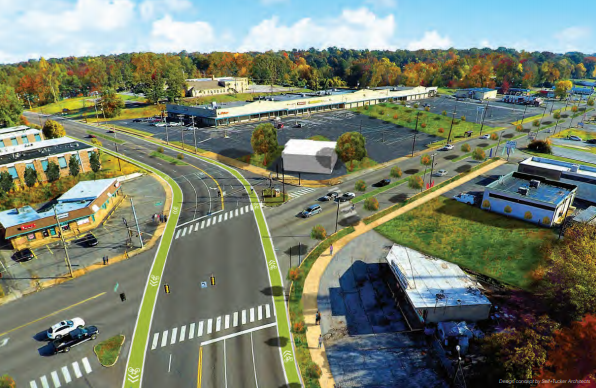 Self + Tucker Architects
Self + Tucker Architects
Proposed infrastructure improvements near the Frayser Plaza
District 8
Super District 8 is made up of Districts 6 and 7, as well as the majority of Districts 3 and 4. The key anchors for acceleration identified here are Lamar and Airways within District 4. Recommendations for the entire super district include housing rehab in areas such as New Chicago and Soulsville, infill development at Raines and Elvis Presley, and promoting pop-up shops and other commercial activity near Danny Thomas and A.W. Willis. Specific recommendations include:
• Addressing motorist and pedestrian safety hazards at the Lamar/Kimball/Pendleton intersections
• Increasing the frequency of incoming buses along Lamar, East Parkway, and North Watkins to every 15 minutes
District 9
Super District 9 comprises Districts 1, 2, and 5, as well as a small portion of Districts 3 and 4. The key anchor here for acceleration is the intersection of Park and Getwell. Some of the priorities for the super district include encouraging community events at Audubon Park, connecting public spaces to anchors, and promoting walkability. Specially, the plan suggest the following:
• Increasing the frequency of incoming buses on Getwell to every 30 minutes
• Redeveloping key economic corridors to support business development
• Incentivizing mixed-income development
• Improving multimodal infrastructure to employment centers and high-volume bus stops
Learn more about the Memphis 3.0 Plan here.
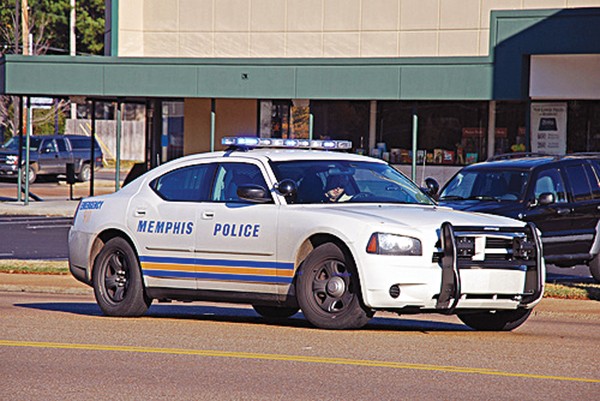

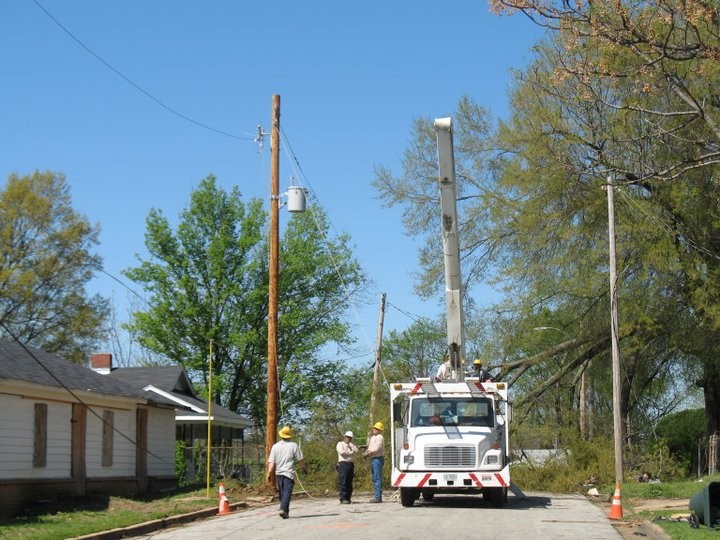
 Facebook/MPD
Facebook/MPD 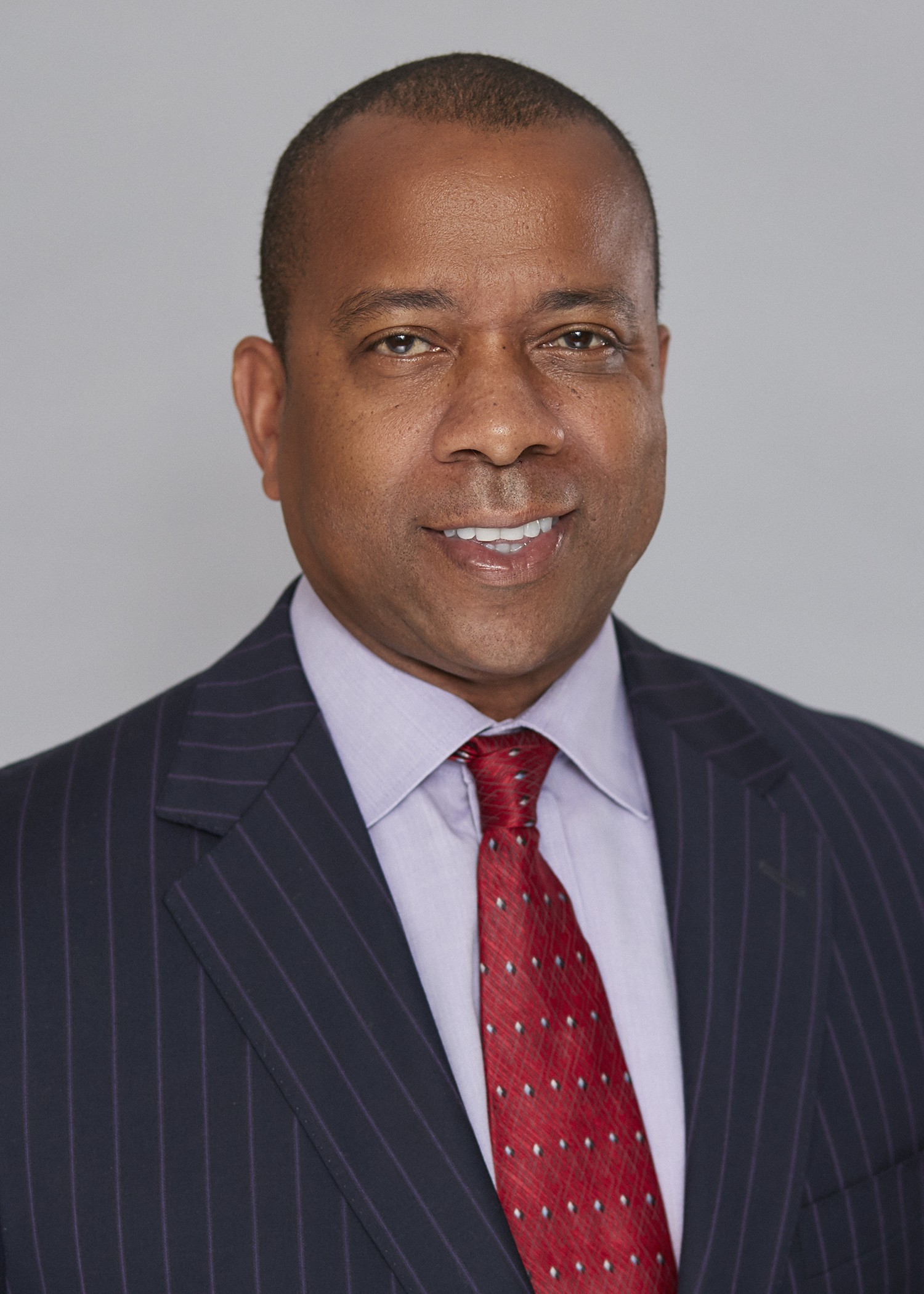
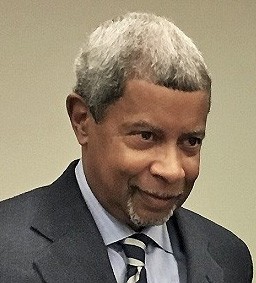


 O.T. Marshall Architects
O.T. Marshall Architects  City of Memphis
City of Memphis  Self + Tucker Architects
Self + Tucker Architects  Self + Tucker Architects
Self + Tucker Architects 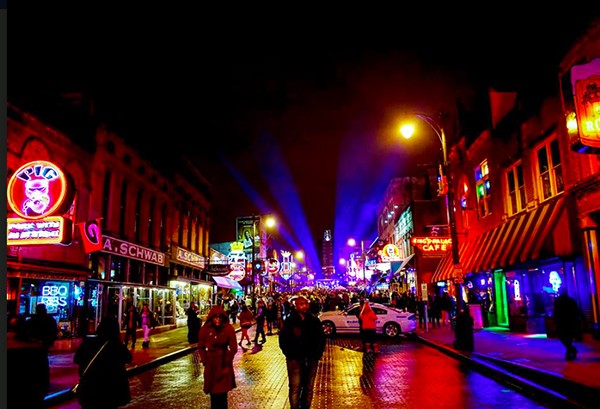 Beale Street Merchants Association
Beale Street Merchants Association 

 Maya Smith
Maya Smith